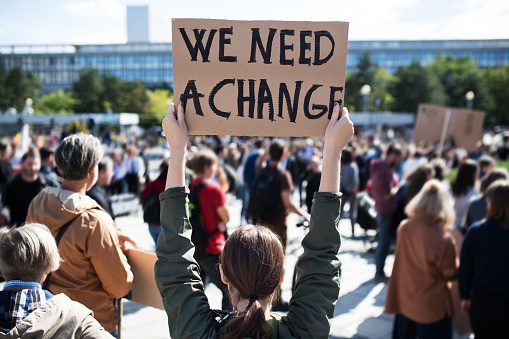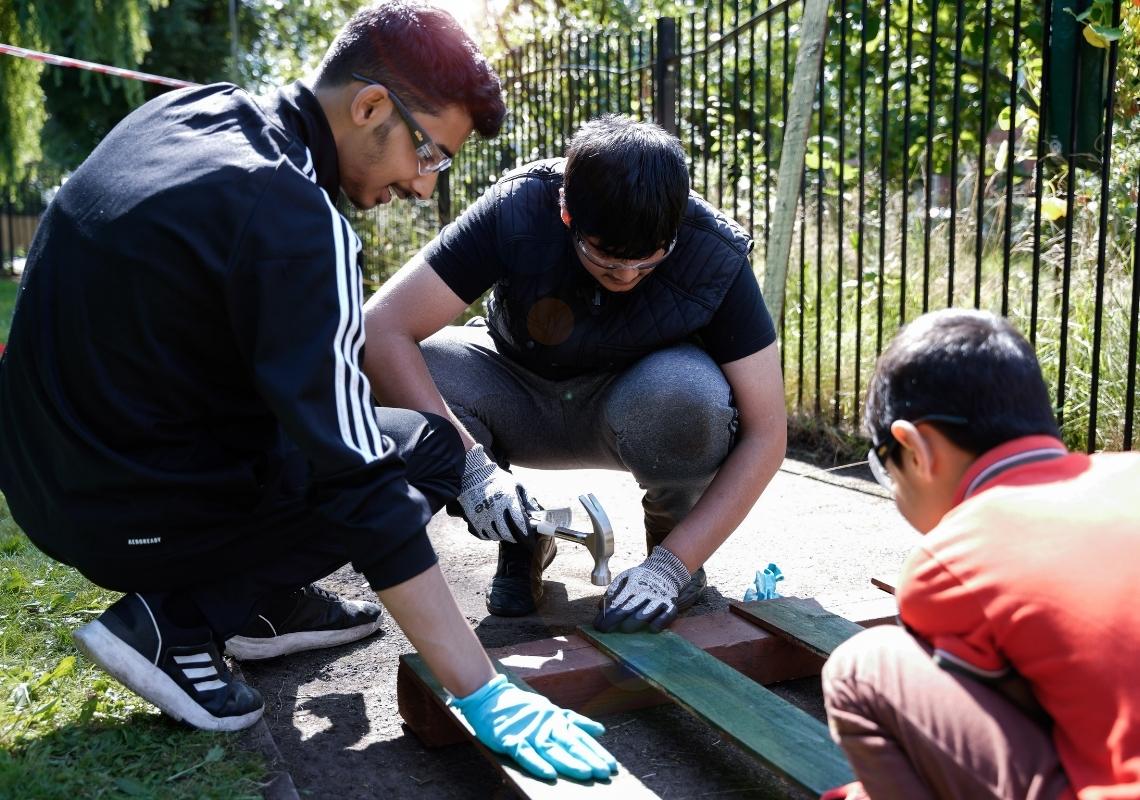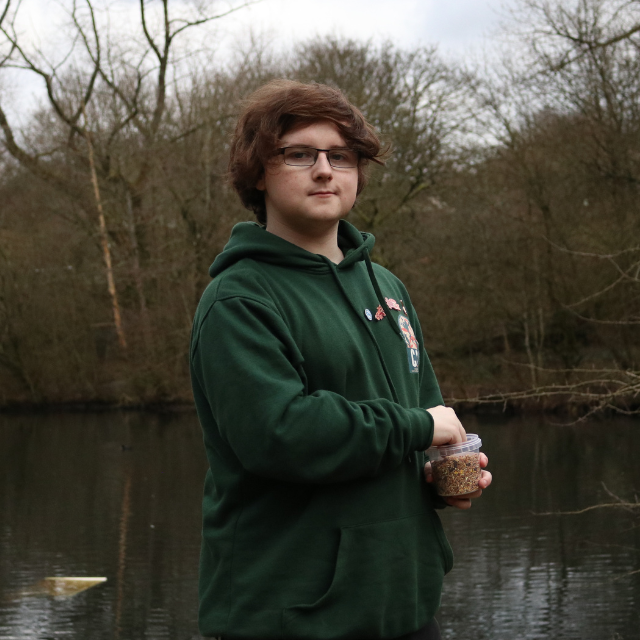GUEST BLOG – Inequality in climate action & considerations for the youth sector
This is a blog written by Groundwork Greater Manchester’s youth team with support from Dr Benjamin Bowman at Manchester Centre for Youth Studies and Manchester Metropolitan University, as well as young people living in Manchester.
It is part of a series of blogs discussing youth and climate action. You may also be interested in reading the other articles here:
- What does youth climate action look like?
- What we’ve learnt from delivering youth climate action
- Top Tips for delivering Youth Climate Action projects
Unfair impacts
It’s well documented that climate change, pollution and a host of other environmental risks disproportionately affect , low-income and working-class communities.
Here in Manchester, people from ethnically diverse backgrounds and low-income communities live predominantly in areas most affected by traffic, pollution or heavy industry, with less access to greenspace. These communities also tend to live in high-flood risk areas and other areas most likely to be severely impacted by climate change.
In addition, in the UK, the richest 10% of households contribute three times more carbon emissions than the poorest 10%. Yet, consumer-based solutions like organic food or clothing are often unaffordable for the poorest households.

Environmental justice
The term “Environmental Justice” was coined in 1991 by a landmark summit of decolonial and anti-racist movement leaders, and the 17 Principles of Environmental Justice continue to guide grassroots action on climate change worldwide.
Environmental justice is a term that recognises the root causes of climate change is systemic. The same economic models that cause global inequality, poverty, structural racism and other forms of exploitation around the world, also cause climate change. Environmental justice focuses on solving climate change by addressing the root cause: injustice.
Research finds that young people are more interested in environmental justice than sustainability: they want to build a better, fairer world for everyone, rather than sustain the world we’ve got.
Unfair representation
Unfortunately, most climate decisions and debates are shaped by white people in the Global North. Voices of people of colour account for just 3% of discussion time at meetings on climate change decision makings, while overall, just over 3% of environment professionals identify as non-white minorities.
It’s clear that marginalised communities are underrepresented in the climate debate. This is something which needs to be immediately addressed, as climate change is also an issue of environmental justice.
Young people from these communities often don’t feel represented in the UK’s political system, and therefore may not feel like engaging in formal ways with a democratic system.

Climate Action for everyone
All around the world, communities share grassroots knowledge and skills about how to tackle climate change and injustice. To make an impact, everyone needs to have a say on how we respond to the climate emergency.
Our challenge, as practitioners and organisations, is to make climate action more relevant to the lives of young people and the climate movement more diverse and inclusive.
Advice for the youth sector
- “System change, not climate change”
- Focus activities and communication on building a better and fairer world. Don’t just make the existing world more sustainable.
- Connect global problems with local solutions. Recognise how communities’ cross borders and how everything is connected.
- “In it together”
- Help join up the dots for young people: climate change, anxiety, structural racism, low wages, rising energy costs, knife crime, they’re all connected and our actions have the ability to make a different across them all.
- Don’t ask people to be ‘climate activists’. Invite them to share their problems with their community, help them to understand they’re not alone and support them in working together to make improvements.
- “If not us, then who?”
- Support young people to get out and do something. Lead by example where possible, break boundaries and demonstrated how they can support each other and those in their wider community.
- Don’t just ask them to engage or participate in a project. Have clear and achievable goals; track these and report your successes, it will help keep everyone motivated and inspire more young people to make change.

Huge thanks to Manchester Metropolitan University, Young Manchester, Manchester City Council and young people from Manchester for making this blog series possible.
Youth voice

